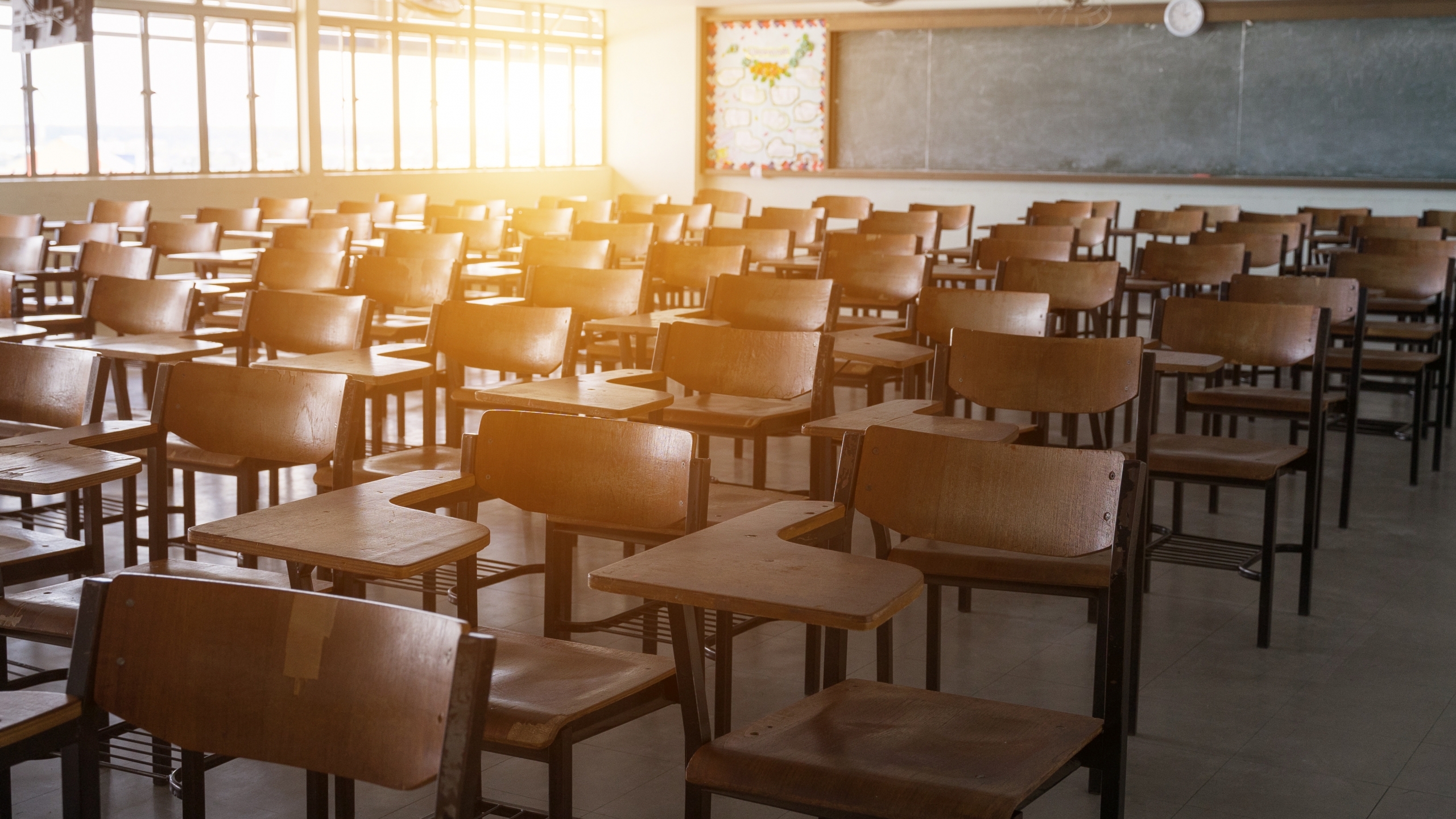The Alabama Legislature on Monday, in the final hours of the regular session, concurred with Gov. Kay Ivey’s executive amendments on a bill regarding school construction that gave public safety officials pause.
House Bill 220 will remove state oversight by the Alabama Department of Finance’s Division of Construction Management for construction and repair projects under $500,000 at K-12 schools, universities and state parks.
Proponents of the bill have said the change is needed to reduce costs and speed up projects, but the Alabama Association of Fire Chiefs, the Associated Builders and Contractors of Alabama, the Subcontractors Association of Alabama, the American Institute of Architects Alabama and the Alabama Contractors Association came out against the bill.
Tim Love, president of the Alabama Association of Fire Chiefs and chief of the Alabaster Fire Department, told APR in April that he was concerned the bill would put students’ and first responders’ lives at risk.
“It’s really really disheartening because this is a very critical safety issue for the future of building of educational facilities,” Love said.
The bill passed both the House and Senate in April and went to Ivey’s desk for her signature, but after hearing from those concerned public safety officials and associations, an executive amendment emerged from Ivey’s office.
Ivey’s amendment established a 12-member study group tasked with researching the matter and reporting back to Ivey and the Legislature by Dec. 1. Aspects of the bill that pertain to K-12 schools are to become law on Feb. 1, 2022, according to the legislation, while two-year colleges and state parks will come out from under state oversight on Aug 1.
“These recommendations shall include, but are not limited to, best practices in public works from other jurisdictions, policies and procedures to ensure public safety and to ensure uniformity in construction, procedures for an orderly implementation of this bill across multiple agencies, and necessary revisions to this bill,” Ivey’s amended bill reads.
House Majority Leader Rep. Nathanial Ledbetter, R-Rainsville, carried the bill in the House on Monday, and said they’d received a previous amendment from Ivey that “we didn’t think we could live with.”
“We worked with her staff all day long,” Ledbetter said, ultimately agreeing to allow community colleges and state parks to come out from under Division of Construction Management oversight on Aug. 1 and delay K-12 schools from doing so until Feb. 1, 2022, to give time for the study group to address those concerns.
“There’s a lot of school boards in the state, and a lot of ACCS people that wanted this bill to pass, because it’s going to save them a ton of money,” Ledbetter said, referring to the Alabama Community College System.
Rep. Laura Hall, D-Huntsville, asked what the impact of the study group’s meetings would be if the law will still be going into effect for K-12 schools on Feb. 1, 2022, regardless.
Ledbetter said the study group may “find something we missed and might need to add to it.”
Ivey signed HB220 into law on Tuesday.











































